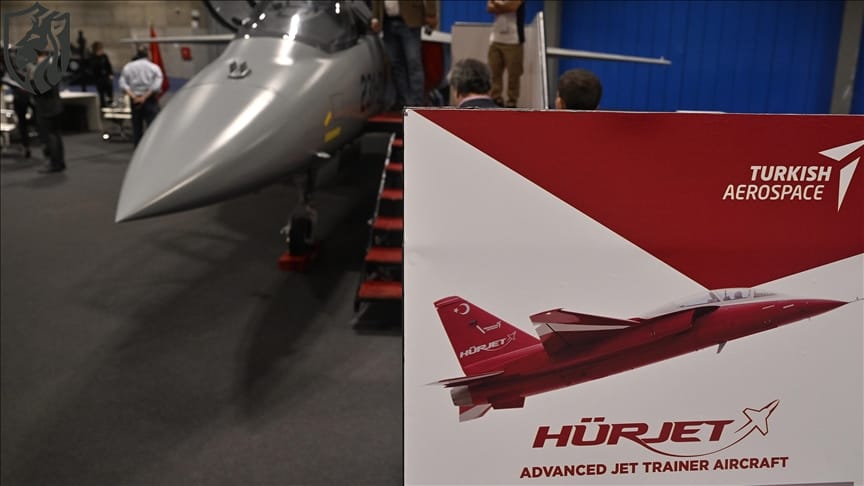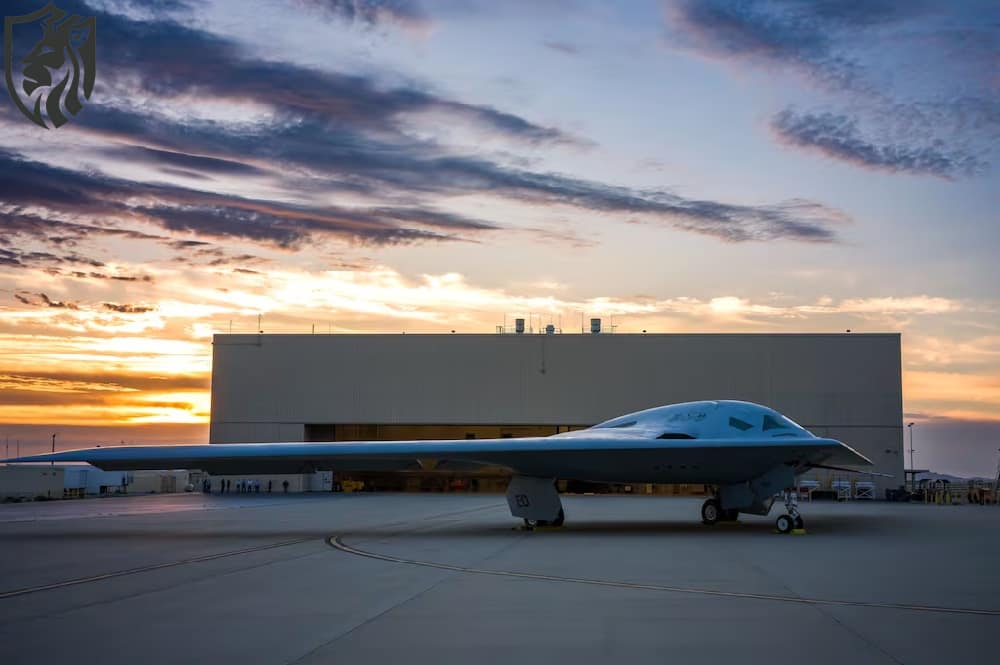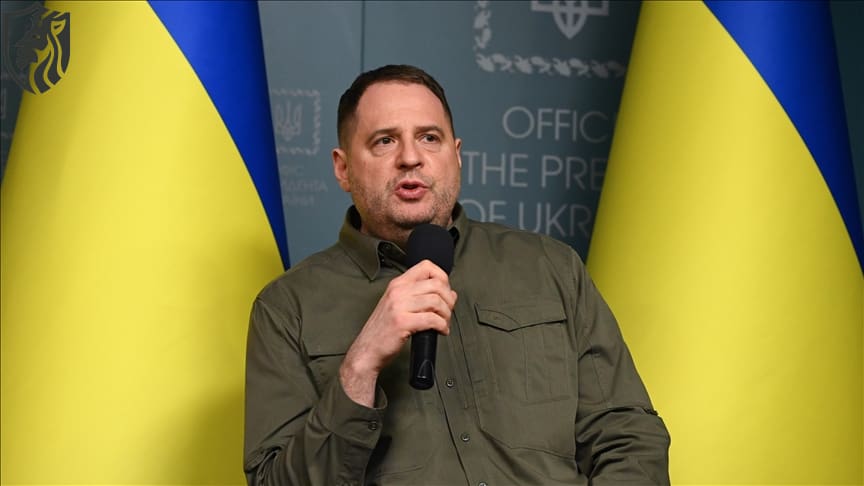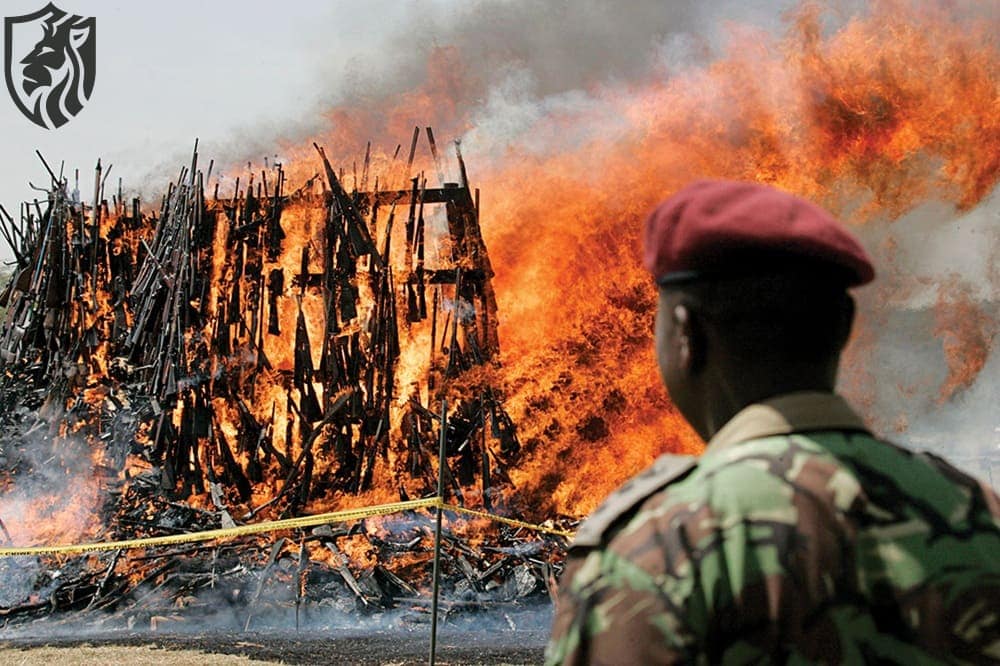
TAI Hurjet
At IDEF 2025 in Istanbul, TAI inks a strategic partnership with Airbus for Hurjets for Spain, marking a pivotal shift in Europe’s military jet training landscape. This collaboration aims to deliver the Hurjet advanced jet trainer to meet the Spanish Air Force’s growing operational needs, a move that further deepens ties between Türkiye and a key NATO ally.
The Turkish Aerospace Industries (TAI) and Airbus agreement underscores their intention to co-produce the Hurjet, a supersonic trainer aircraft designed for advanced pilot instruction and light attack roles. Spain plans to procure 30 units, implementing a two-phase procurement and production strategy in the upcoming years.
Phase One: Rapid Capability Delivery
In the initial phase of the agreement, TAI inks a strategic partnership with Airbus for Hurjets for Spain to quickly address Spain’s short-term requirements. Between 15 and 20 Hurjets—configured identically to those intended for the Turkish Air Force—will be manufactured in Türkiye and delivered to Spain. These aircraft will be operational upon their arrival, allowing the Spanish Air Force to integrate them into pilot training programmes by 2028.

This rapid deployment reflects both nations’ desire to strengthen interoperability while meeting urgent training requirements. TAI CEO Mehmet Demiroğlu confirmed the aircraft in this batch would include baseline systems to accelerate their induction into active service.
Phase Two: Spanish Industrial Participation
The second phase of the TAI and Airbus Hurjet agreement for Spain introduces more complexity. Spanish firms will contribute to the production of select aircraft subsystems—primarily avionics and flight control components. Feasibility concerns ruled out the establishment of a complete production line in Spain, but discussions are still ongoing regarding the local sourcing of components.
Demiroğlu emphasised that this stage involves engineering, modification, and testing, but the objective is clear: future Spanish Hurjets will integrate certified domestic subsystems. These configurations will require a Supplemental Type Certificate (STC), effectively creating a custom Spanish variant.
By partnering with Spanish firms, TAI strategically transforms the Hurjet deal into partial European production with lasting industrial benefits locally.
Moreover, this collaboration ensures Spain develops long-term sustainment capabilities, strengthening domestic aerospace know-how and reducing future reliance on foreign support.
Strategic Expansion of the Hurjet Programme
While the immediate focus remains on Spain, TAI’s strategic partnership with Airbus for Hurjets also signals broader export ambitions. TAI is actively marketing the Hurjet to other NATO members and strategic allies. Its combination of cost-efficiency, modern cockpit systems, and multirole adaptability makes it an appealing candidate in a crowded trainer aircraft market.
Airbus’s participation significantly boosts the programme’s credibility in European markets. With its established support infrastructure and strong governmental ties, Airbus may facilitate export approval and integration across multiple NATO nations.
TAI’s Broader Portfolio: KAAN and Space Ventures
In parallel with the Hurjet’s success, TAI is advancing its fifth-generation KAAN fighter jet program. According to Demiroğlu, Indonesia has signed a contract for 48 KAAN aircraft, marking one of the largest international orders in TAI’s history. Additionally, the Turkish Air Force is expected to procure at least 100 units, solidifying KAAN’s future as Türkiye’s primary air superiority platform.
Demiroğlu noted that interest is also emerging from the Gulf region and several Asian nations. The combination of low procurement cost, local upgrade paths, and independence from US-origin systems makes KAAN attractive for nations seeking to reduce reliance on traditional Western suppliers.

Moreover, TAI’s ambitions extend beyond the atmosphere. The firm is actively competing for a reported $800 million satellite deal with Azerbaijan. Working in partnership with fellow Turkish defence giant ASELSAN, TAI is one of four contenders for the contract. Demiroğlu expressed optimism, citing a long-standing strategic relationship with Azerbaijan and a strong record in space-based solutions.
Future Outlook: From Jet Trainers to Space
Looking ahead, TAI has signed a strategic partnership with Airbus for Hurjets destined for Spain. This deal is part of a larger transformation within the company. Over the next five years, TAI plans to greatly expand production across multiple platforms.
These platforms include rotary-wing aircraft, unmanned systems, and sixth-generation combat aircraft. Demiroğlu emphasised the company’s dedication to timely delivery, competitive prices, and high quality. These principles are vital for success in today’s fast-paced global defence market.
Airbus’s involvement in the Hurjet project positions it to effectively meet Spain’s needs. It could also challenge the dominance of older Western trainers like the M-346 and Hawk.
Conclusion: A New Chapter in European Military Aviation
In summary, TAI’s strategic partnership with Airbus for Hurjets in Spain inaugurates an important turning point in Turkish-European defence collaboration. The agreement offers Spain a cutting-edge, cost-effective jet trainer while strengthening NATO’s collective capabilities. The Hurjet’s expansion in the production and integration of Spanish subsystems could serve as a model for future defence-industrial cooperation in Europe and beyond.








